|
Submitted by Kelsey Sprowell I snuck downstairs from my 'office' in the guest room to snap this shot of the family room floor. At my friend Molly's suggestion, I ordered a roll of rainbow masking tape from Amazon and encouraged the girls to make a city for their toy cars. Olivia went nuts - I've never seen her imagination so engaged. I helped her map out a road, and then she added a hospital, a grocery store, a post office, a house, two parks, a field of cows, a firehouse and police station, and a hotel. Then she added a whole grid of sidewalks & bike paths. It was so fun to watch! And now I kinda wish I had my own toy cars. Editors note: Here's another clever idea !
0 Comments
Pointer to podcast The Breakfast Show, a radio program out of London, interviewed Working Parent Stories editor, Kathy Haselmaier, earlier today. Listen in as they discuss the recent YouGov survey reported in The Independent about parents' varied opinions about their ability to achieve balance between their careers and family life. (The show starts at 1:27:38 and the Working Parent Stories editor arrives at 1:42:15)
Pointer to an encouraging TODAY Show Video Women from the TODAY swap stories about their increased family time right now in this video. Working parents adjusting to new routines (not to mention new "co-workers"), may appreciate their stories and insights. Our favorite comment from Jenna Bush Hager: "There was this one day where I raised my voice. I was down on myself for the way that I was acting toward Henry, honestly; the way I was acting toward my kids. And I video'd them, and they were like, 'This is the best! We get Mommy and Daddy at home for dinner every night.'"
Understanding how successful people were raised can be intriguing. It turns out that Dr. Sanjay Gupta, who has been getting a lot of air time on CNN recently, was raised by successful parents, and his mother, Damyanti Gupta, has been recognized fairly recently as the first degreed woman engineer at Ford Motor Company.
You can learn more about her inspiration, determination, and career in this short video. You'll also find a real gem of a story in this video. Submitted by Nathan Wheat Until recently, work never came home with me. Somehow I've avoided being tethered by a work-issued cell phone, and I’ve had a handy excuse for not checking work emails on the weekends: I don’t have Internet at home. You’d be surprised how much time you gain when there aren’t Tweets to check, Netflix shows to binge, or unboxing videos to comment on! I’m sure mine isn’t the only home that has seen significant changes recently. With an eye on the news, I finally broke down and signed up for Internet service, and now work never leaves my home. Here are some things I’ve done to keep my five year old busy and myself sane:
We're only eight work days into this new routine, and it's not yet clear how long it needs to last, but as of right now it feels like it's going to work.
When our daughter finished second grade, one of the words on her weekly spelling list was "ventriloquist". She's 29 now, has a good head on her shoulders, and did well in school. And back then, we were pretty sure that she was a genius ;) So we weren't suprised at the end of second grade, when the school suggested that she be put into a 2nd/3rd "split class" the next year. We were told that as a self-motivated and successful student, the teachers agreed that she had that "something extra" to not only succeed in the environment, but that they thought she would help other students succeed in that environment too. Beaming with pride, we fully endorsed the plan. What could possibly go wrong? In addition to the teacher's challenge managing the "split class", it was one of her first years teaching, and the class included five students who were either deaf or hearing impared. Clearer thinking parents might have grown suspicious that only a new teacher would take on so many challenges, and we might have grown even more suspicious when the other teachers offered up the best classroom in the building to this teacher; the large room with huge skylights and tons of natural lighting. The year got off to a good start, but when our daughter's first spelling list that year included the words, "hill", "bill", and "will", we immediately did what any parent of a young genius would do in that situation; we scheduled a meeting with the principal. (I'm pretty embarassed to tell this part of the story. My only defense is that we were young, and we were trying to raise a genius ;) The principal masterfully calmed us down, and for reasons I can't even remember, we chilled out for the following eight months. I do remember thinking she hardly learned anything that year. I thought it at the time, and I think it now. Kind of. The thing is, since there was a full-time intepreter in the class, she learned sign language. I claim she was fluent, at least back then, but she insists she was not. (And given that she minored in Linguistics in college, she should know.) We both agree that she knew enough sign language to host totally silent 24 hour sleep overs. While other parents complained they got very little sleep with a basement full of little girls, we slept like babies on those nights. Fast forward 22 years. Our daughter is now an SLP (Speech-Language Pathologist) whose sign language skills are put to use on a fairly regular basis, and we learned a valuable lesson that parents concerned about their kids' learning right now may find valuable; It's hard to stop kids from learning. We all think we know what they need to learn, but sometimes we're wrong. Sometimes unexpected opportunities that are right in front of us, whether we see them or not, provide the greatest lessons of all. As so many working parents are stuggling to juggle and navigate a new normal with their kids, it may make sense to ask yourself what valuable learning opportunities are presenting themselves within your own home right now? I know from experience it can be really hard to see them, but I also know from experience that they probably exist. Maybe they'll learn more about your work, maybe they'll learn to be more self-directed, maybe they'll learn about sacrifice, resourcefulness, or adaptabilty. While I have no idea what your kids will learn from this, I am sure they will learn something. And hopefully it will prove to be valuable in the future. Do you have any thoughts or ideas to share on this topic? How are you coping? Let us know in the comments below.
Related stories:
-- Parenting During a Pandemic -- Imagination Engaged -- Humor Helps -- Adapting to the "New Normal" A while back I met a young (white) woman at a party. During the course of a getting to know each other conversation, she said that she wished she had lived during the US Civil Rights era so that she could have been a part of that movement. I was taken aback. I was a young child during some of those later years and feel only gratitude for those who did the heavy lifting. It didn't look glamorous or fun, and progress appeared to be expensive for many involved. I don't remember witnessing too many experiences I'd wish on anyone.
Over the years, I've thought a lot about that conversation. It caused me to recognize that movements are often costly, not everyone is capable of rising to the occasion (to drive for change), and many seemingly well-intentioned people impede progress if only via their indifference. I often ask myself questions like, "What are the most important movements occurring now?", "Who most needs my support?", "How am I most qualified to help?", and "What can I do to leave the world in better shape than I found it?" As a busy working parent, I tried to make contributions, but never felt like there was enough time to do all of the things I wanted to do. Then, a few years ago, I retired from a demanding career in high tech. Now I have more time. More time to think, more time to help, and more time to just be. Recently, I started noticing that more women are complaining about the gender wage gap. These women feel strongly that their daughters should have the same opportunities as their sons, and they want all of their children to be compensated fairly. Interestingly, the vast majority of the women speaking out either aren't employed or they're underemployed. When I mentioned this to my husband recently and asked why women are starting to complain more, he speculated, "My guess is that they've been complaining all along, but you were too busy trying to create opportunities and close the wage gap to notice." The he reminded me of the Amelia Earhart quote: "Never interupt someone doing what you said couldn't be done." Change is hard, and progress is rarely the result of a request (or a complaint). Driving real change takes effort, and it often requires sacrifice. Parents who want their children to have many opportunitites and receive fair compensation can rarely avoid effort and/or sacrifice. The parents best positioned to drive these changes are the ones with the most opportunities and capabilities. Could that be you? If so, here are some things you can do to drive changes that will benefit your children:
It's not reasonable to expect our daughters to enter a workforce that treats them fairly, if we're not willing to help drive the changes we want to see. As Joseph Ranseth encouraged, "Be the change you want to see in the world." Related Story: -- Unpaid Parental Leave The title of a recent episode of Think on NPR caught our attention. We wanted to avoid it, but given the choice between silence and listening to it while I got ready to start my day, I opted to listen. And I'm glad I did. The episode is called "Can Moms Who Stay Home Catch Up On Careers?" I'd wished it was called, "Can Parents Who Stay Home ...", but by the end of the conversation, I got it and wasn't as bothered. For 48 minutes, the host, Krys Boyd, talked with Pamela Stone, professor of sociology at Hunter College and The Graduate Center, City University of New York. Pamela has written two books of interest and the latest one was co-authored with Meg Lovejoy and called Opting Back In: What Really Happens When Mothers Go Back to Work. Women and men considering a short break from their careers will want to consider the info shared during this podcast. Spoiler alert: If you are a high potential employee and do opt out, even for a very short period of time, it's very unlikely you'll pick up where you left off when you return to the workforce.
An idea for working parents who struggle to fit it all in during the holidays Originally published: Dec 6, 2017 | Updated: Dec 7, 2019 What if you didn't attend one of your child's holiday programs this year? Not all of them, just one. What if you explained to your child that sometimes, most of the time, he or she is your highest priority and that means that you miss other important things so that you can be with him or her? And what if you went on to explain that sometimes, when you know he or she is safe and happy, other things are a higher priority? Like people in need, planning for the future, or even your job.
Is it possible that action would give your child gifts that could last a lifetime? Might you give them the gift of learning to perform for others, not just you? Might you give him or her the gift of independence (if only for a few minutes)? Might you give him or her a gift they'll greatly appreciate in the future when, as a working parent, he or she knows for sure that a child can feel happy and loved without constant attention from parents? Working parents throughout social media are in the midst of expressing frustrations that surface during the holidays every year. They're frustrated when school holiday performances and activities are scheduled in the middle of the workday. They wonder how they're expected to be in two places at the same time. They want to be great parents and they want to be great employees. They become frustrated when the system appears to conspire against them. It might make sense to ask your kids if they think it's important that you attend every single holiday activity. You might be surprised (and relieved) to hear their answers. Update Dec 7, 2019: Another idea: Send someone in your place (someone with more time) like a grandparent, uncle or aunt, a cousin, a neighbor or a friend who would be honored to fill-in for you. It could be a win-win! The older I get, the more I'm able to understand both sides, or even multiple sides, of controversial issues. Winners and losers (real and/or perceived) often emerge as a result of the decisions we make related to these topics, and the positions people take are often related to their perspectives and past experiences.
Affirmative action is one of these controversial topics because it relates to ways in which we favor one group of people over another, and many view themselves as potential winners or losers based on the way we implement the policies. When not frustrating, it can be entertaining to step back and listen to those with the loudest voices. For example, I've known members of the military who are clear about their opposition to "affirmative action". Interestingly some of these people received their own military assignments during a time when the ultimate form of affirmative action was being implemented; qualified women and even some qualified men weren't even allowed to apply for the very positions these people feel they "earned". Some who are perceived as very successful in their careers today have spouses who deliberately limited their own career potential in order to support them. Certainly this is a form of affirmative action within a family. Sometimes the spouse who limited his or her own career potential was even making more money or appeared to have more career potential than the spouse they held back to support. It's most common for this form of affirmative action to manifest itself when one spouse shifts from full-time to part-time work, takes on a job that doesn't demand as many qualifications as they're capable of providing, or in extreme cases, one spouse drops out of the workforce for a significant period of time or even permanently. In the US, affirmative action is usually defined to be the practice or policy of favoring individuals belonging to groups that have experienced discrimination in the past, but I think it's more than that. Affirmative action, in my mind, is about asking ourselves what kind of future we want to experience and then taking deliberate steps to create that future. Families do this all the time. During vacations when our kids were young, we'd usually ask the kids to navigate from the car to the plane when we arrived at an airport. We didn't do this because our kids were better navigators than we were or because that process was the most efficient for our family. Instead we did it because we wanted our kids to be able to navigate for themselves in the future; we were trying to create the future we wanted to experience. We believed that the short-term investment would pay off in the future. Personal examples of how each of us implements affirmative action on a daily basis are endless. As far as I can tell, affirmative actions works. Maybe that's why some people don't like it. But when it's done right, we all win in the end. |
The StoriesArchives
March 2022
Categories
All
|
Photos from barnimages.com, marcoverch, truewonder, donnierayjones, marcoverch, shixart1985, Gustavo Devito, edenpictures, nan palmero, quapan, The Pumpkin Theory, bark, opassande, Semtrio, Ivan Radic (CC BY 2.0), verchmarco (CC BY 2.0), Didriks, shawnzrossi, shixart1985 (CC BY 2.0), madprime, marksmorton, CT Arzneimittel GmbH, NwongPR, franchiseopportunitiesphotos, anotherlunch.com, jdlasica, wuestenigel, Frinthy, romanboed, Doris Tichelaar, quinn.anya, A_Peach, VisitLakeland, MEDION Pressestelle, Darren Wilkinson, bratislavskysamospravnykraj, Anthony Quintano, Danielle Scott, pockethifi, Bridgette Rehg, Martin Pettitt, PersonalCreations.com, wuestenigel, Thad Zajdowicz, archer10 (Dennis) 139M Views, Infomastern, beltz6, The National Guard, futurestreet, daveynin, OIST (Okinawa Institute of Science and Technology), Rinet IT, shixart1985, mikecogh, JeepersMedia, Ryan Polei | www.ryanpolei.com, Jake.Christopher., aleksandrajovovich, thepeachpeddler, wwward0, flossyflotsam, Got Credit, Senado Federal, Corvair Owner, lookcatalog, moodboardphotography, dejankrsmanovic, Carine fel, ElleFlorio, {Guerrilla Futures | Jason Tester}, greg westfall., Arlington County, mariaronnaluna, quinn.anya, wuestenigel, Tayloright, insatiablemunch, MrJamesBaker, Scorius, Alan Light, Monkey Mash Button, www.audio-luci-store.it, wohlford, Vivian Chen [陳培雯], okchomeseller, BoldContent, Ivan Radic, verchmarco, donnierayjones, Czar Hey, US Department of Education, Andrew Milligan Sumo, Michel Curi, anotherlunch.com, ProFlowers.com, Cultural viewpoints from around the world, alubavin, yourbestdigs, Rod Waddington, Tayloright, Wonder woman0731, yourbestdigs, donald judge, Thomas Leth-Olsen, Infinity Studio, shixart1985, wuestenigel, francesbean, Roger Blackwell, MrJamesBaker, Luca Nebuloni, MFer Photography, erinw519, boellstiftung, North Carolina National Guard, A m o r e Caterina, MrJamesBaker, bellaellaboutique, Free For Commercial Use (FFC), Prayitno / Thank you for (12 millions +) view, wuestenigel, Matt From London, MadFishDigital, Kompentenzzentrum Frau und Beruf, mikecogh, CreditDebitPro, marciadotcom, Mr.Sai, _steffen

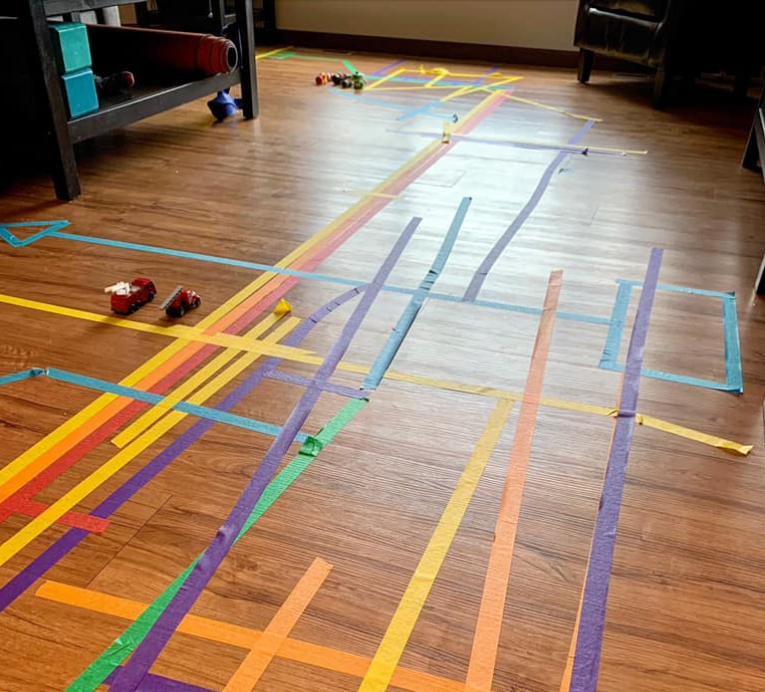
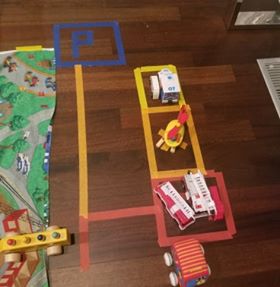





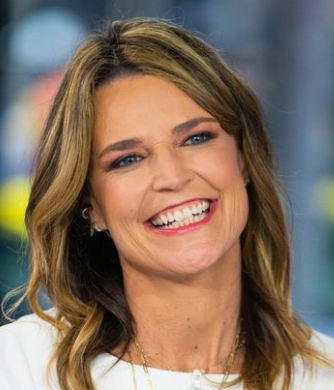









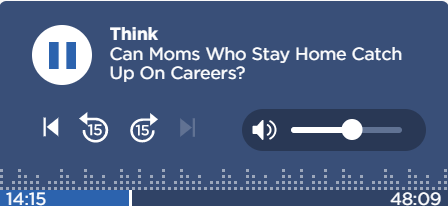

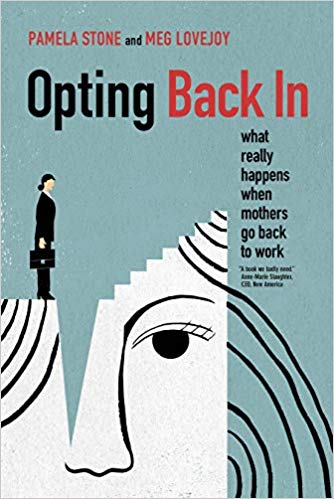


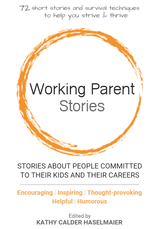
 RSS Feed
RSS Feed